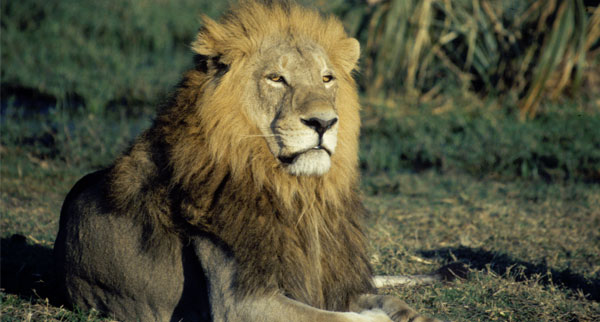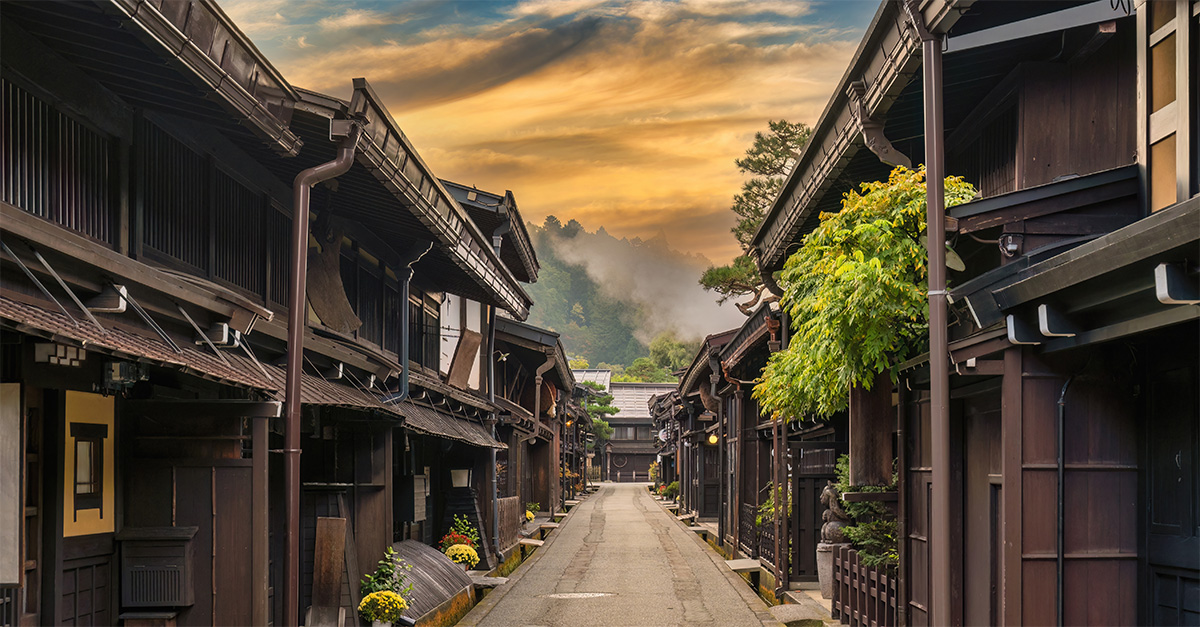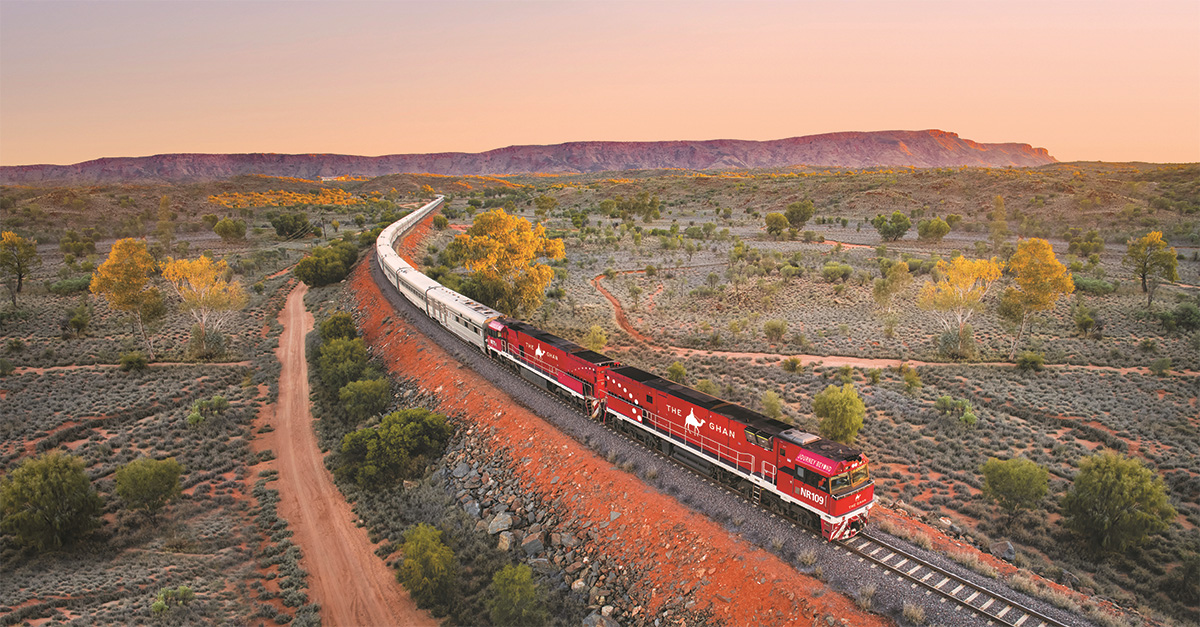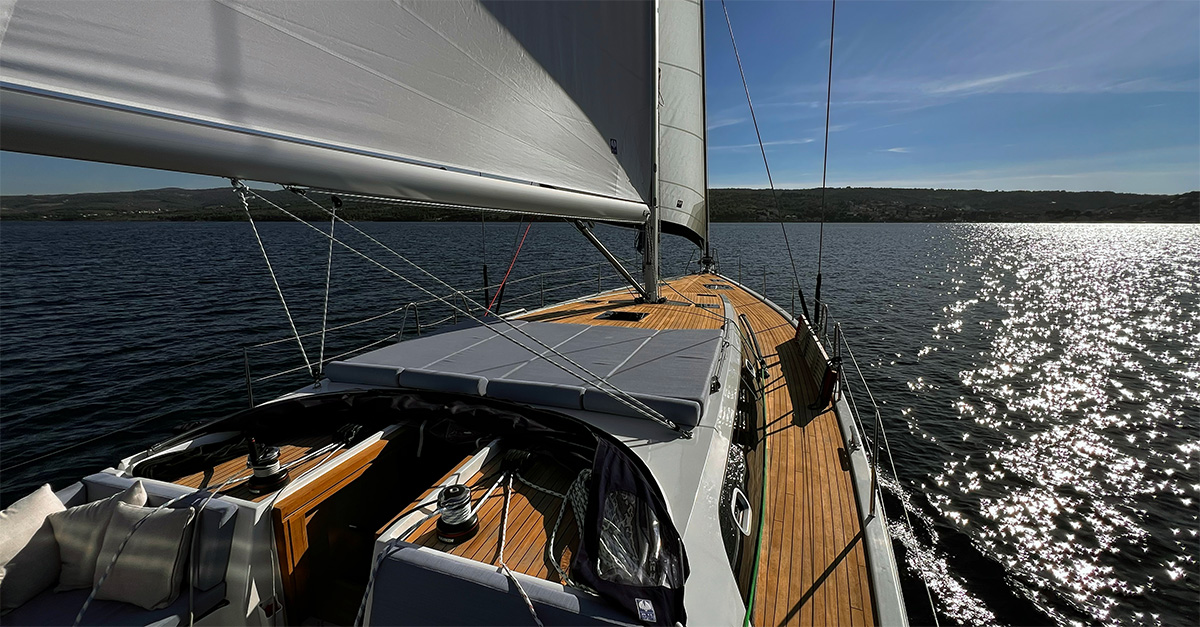Katie McGonagle interviews Ivan Carter, conservationist and safari guide.
Click here to download and save as a PDF.
Q. How did you get your start as a safari guide?
A. I’ve always been fascinated with how wildlife and ecosystems interact. I worked at a wildlife orphanage in Zimbabwe, but soon realised I needed to be out in the wild so I started guiding. That led to 30 years of guiding all over Africa. I spent 200 days a year guiding trips to remote parts of Tanzania, Kenya, Cameroon, the Central African Republic, Madagascar and the Democratic Republic of the Congo (DRC).
Q. What made you move from guiding to conservation?
A. Having kids was a turning point. I saw ecosystems I had enjoyed as a kid that no longer existed, and too few people were stepping up and doing something about it. I did a TV series called Carter’s WAR (Wild Animal Response) where I did my bit to highlight human-wildlife conflict and potential solutions. That led to setting up The Ivan Carter Wildlife Conservation Alliance. Everything about the way we run our foundation is sustainable and results-based – it’s not full of volunteers with unrealistic hopes and dreams. We focus on four initiatives and give them enough resources to actually achieve their goals.
“Everything about the way we run our foundation is sustainable and results-based – it’s not full of volunteers with unrealistic hopes and dreams.”
Q. Can you tell us about the projects the foundation supports?
A. We run the largest lion recovery initiative in Africa – in 2018, we put 24 lions into an area in the Zambezi Delta where there hadn’t been lions in 30 years, and today there are just over 70. We work with the Giraffe Conservation Foundation in Namibia; a chimpanzee sanctuary in southeastern DRC; and we support the Southern African Wildlife College, which trains about 1,000 rangers a year.
Q. How has the pandemic affected your work?
A. There has been a great financial slump in the conservation world – last year we raised about 60% of what we normally raise. We shut down development but kept the core components. The lions didn’t stop breeding and the elephants don’t stop moving, so we had to carry on protecting them. We had been busy growing, but Covid-19 gave us time to take a breath and find innovative ways of raising money, doing conservation and using anti-poaching technology.
“The sad reality is that not everyone should be able to afford it – safaris should be costed so that tourists are able to pay for the conservation necessary to support them.”
Q. Is there any such thing as a sustainable safari?
A. I want as many people as possible to go on safari, but they have to go in a sustainable manner. The cheapest places don’t have the money for conservation. They have to focus on volume, but that has the highest impact because it comes at the expense of the ecosystem. The sad reality is that not everyone should be able to afford it – safaris should be costed so that tourists are able to pay for the conservation necessary to support them.
Q. What can UK agents do to help travellers understand the importance of conservation?
A. The agent is in a very strong position: they determine where the money flows and who gets their business. I would encourage them to ask for tangible results. What does the lodge you are sending your clients to do for its community? Does it support wildlife research or anti-poaching teams? Do they serve water in plastic bottles? If agents are asking these questions, over time everyone will have to invest in conservation otherwise they won’t get the business.
ivancarterwca.org

Tune into Conservation Kabunga conference
Find out more about sustainability and conservation efforts in Africa by attending a virtual conference next week organised by Travel Weekly sister brand Connections.
The ConnecTALKS: Conservation Kabunga event, in partnership with Zambesia Conservation Alliance, brings together a host of experts to discuss key issues facing the sector.
Sessions and speakers:
Keynote speaker: Lord William Hague
Bringing creative minds in conservation together: Ivan Carter, Ivan Carter Foundation; Luke Brown, Zambesia Conservation Alliance; Merlyn Nomsa Nkomo, conservation biologist
Positively influencing the conservation narrative: Richard Madden, The Telegraph; Yvonne Mtengwa, Travel Essence Magazine; Maggie Mutangiri, Travel Africa Network
Tackling the illegal wildlife trade: Nick Holme, Zambesia Conservation Alliance; Ever Chinoda, Speak Out For Animals; William (Wim) Brown, Focused Conservation
ConnecTALKS: Conservation Kabunga takes place at 3pm on March 31. Register at: weareconnections.com/events
Read more
Rewilding projects helping the natural world flourish
Ask the experts: How can we rebuild more responsibly?
Five of the best sustainable projects around the world




